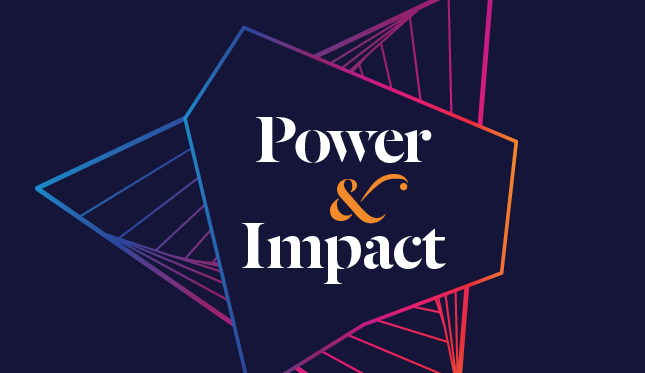
Alexandre Mars. Photo courtesy of Wikimedia CommonsAlexandre Mars. Photo courtesy of Wikimedia Commons
Alexandre Mars, a French tech entrepreneur, venture capitalist and founder of global nonprofit Epic, joins Worth senior editor, special projects Benjamin Reeves on episode two of the Power & Impact podcast to explore his life, what motivated him to go into business and how he’s trying to build a new culture of high-impact philanthropy around the world.
Scroll down to listen to the second episode of the Power & Impact podcast.
Mars is one of France’s most successful technology entrepreneurs. He’s launched a series of businesses, beginning with a concert promotion company in the early 1990s and proceeding through each of the major digital waves, from web design services, to online advertising, to mobile, to social media. He credits his early entrepreneurial drive in part to his parents’ divorce. Although he was always well cared for, by the time he was a teenager, he had taken it upon himself to become a safety net for his mother who raised him. “At 17, I wanted to protect my mom,” Alexandre says. “When you’re an entrepreneur, you have to find your mission. Sometimes the mission is hard to get or hard to define. My mission was clear…that I wanted to do whatever it takes to protect her.”
This desire to “protect mom” eventually morphed into an all-consuming mission to spread a culture of philanthropy around the world, and Mars launched Epic in 2014, modeling the nonprofit on his venture capital firm blisce/. Whereas the VC firm performs deep analysis on potential investments, which have included Pinterest, Casper, Spotify and Bird, Epic does the same, but for nonprofits of all sizes. Mars and his staff spend their days traveling around the world and visiting thousands of nonprofits annually. The Epic team then creates reports on these nonprofits based on 45 data points, eventually recommending a small handful to the likes of the Gates Foundation for investment.
Mars’ goal for Epic is to increase accountability in philanthropy and push that community toward a results-oriented way of thinking akin to what is seen in business. But beyond that, Mars hopes that by building trust in nonprofits and by making the act of giving itself easier, he can increase the rate and amount that people at all income levels give. “It’s important to provide them a tool, a platform where they will know the impact” of their money, Mars says. And Mars believes that measuring positive social impact for nonprofits and businesses and putting it at the core of their missions will be increasingly important in the coming years. “In the next few years, 50 percent of the market will be millennials,” Mars says, a group for whom the social impact of their work is incredibly important.
The companies that successfully put social missions at their core and deliver on those commitments in tangible, measurable ways, will succeed, says Mars. “In Darwinian theory, the species, the people who are able to survive are the ones able to adapt themselves. Not the strongest ones. Take Nokia, for example. Ten years ago, they had 50 percent of the market share. Big. Strong. Lots of money. But Nokia didn’t evolve.” In other words, companies that fail to put purpose at their core now may likewise face extinction.
On the Power & Impact podcast, leading thinkers, investors and executives engage in deep conversations about power, money and the world we live in with Worth senior editor, special projects Benjamin Reeves. By exploring the personal stories and ideas of its guests, Power & Impact aims to uncover how power, money and influence work in the world and how those in positions of influence create change in society and their communities.









